Projects
We are involved in a number of projects, focused on the activation biology of transposable elements in plant genomes. While the primary focus is on grapevine and the development of this species into a model system to study transposition we have recently branched out to apply the approaches pioneered in grapevine in other species such as Hops, Kiwifruit and potatoes
Stress activation of Transposons
We have shown that through the tissue culture and exposure of these tissue cultures to a range of stress events, both biotic and abiotic we are able to activate and recover plants with new transposon polymorphisms. In our pilot project we have observed a number of novel phenotypes that we are now exploring to determine links between the genotype and the phenotypes we observe
Epigenetics of Transposons
Tight regulation of transposon activity and mobilisation is critical for the maintenance of genome integrity of the host. Host genomes have evolved elaborate epigenetic controls acting through a suite of small RNA based pathways to both capture 'active' elements as well as silence the vast majority of transposons in the genome. We are actively exploring these mechanisms in grapevine to understand how burst of transposition can occur.
Tracking Transposon bursts
To determine if new TE polymorphisms have occured in our populations of recovered plants we have developed a reduced representation short read whole genome sequencing approach to genotype our population. To analyse this data we have, with our collaborators at Plant & Food Research Ltd., developed a novel bioinformatic pipeline to identify new transposon insertions among the tens of thousands of existing elements in genomes




